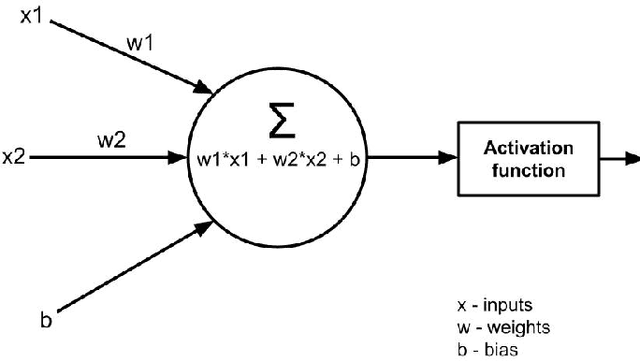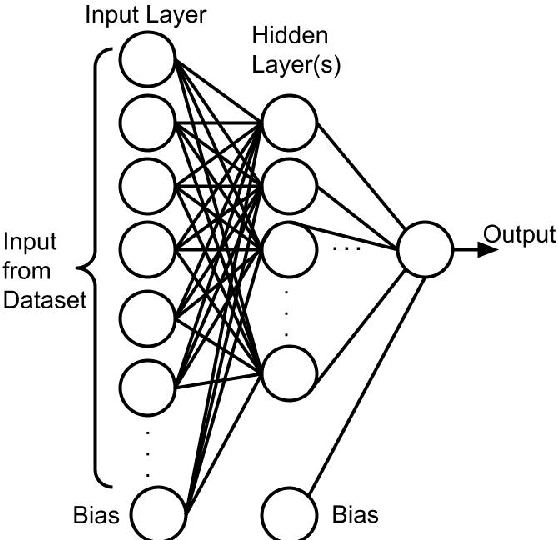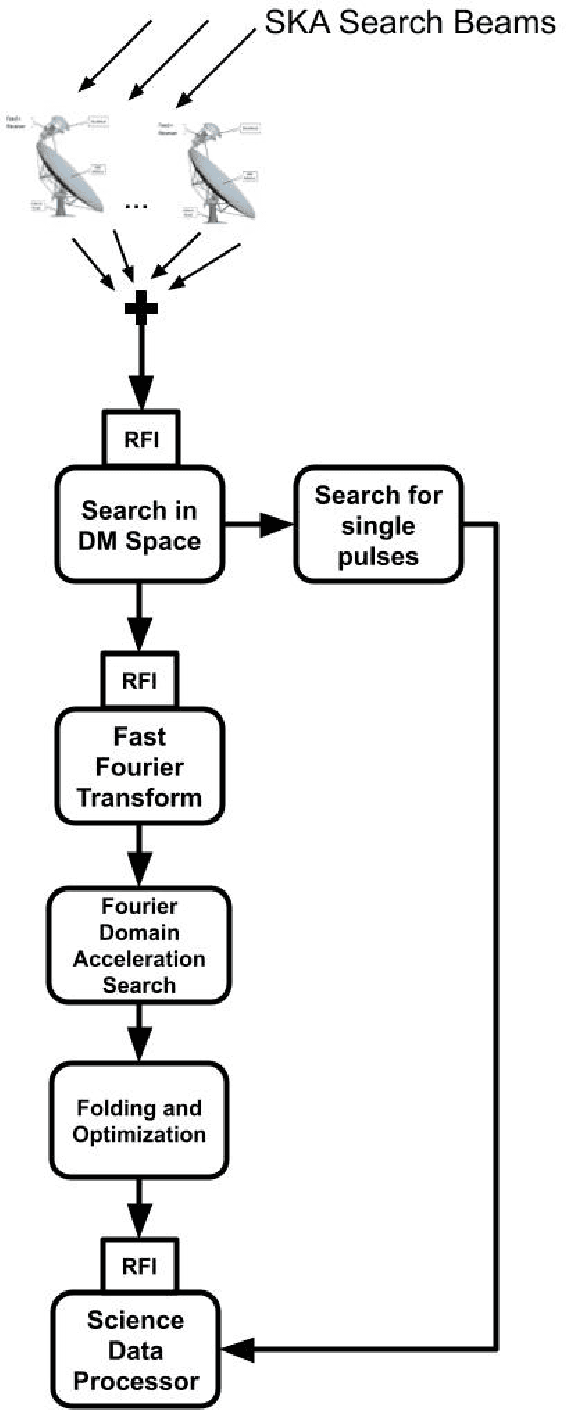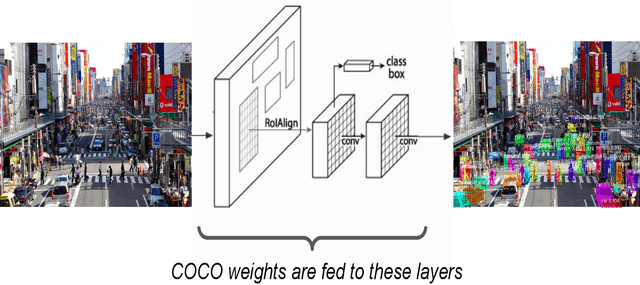Shashank Sanjay Bhat
Adam assisted Fully informed Particle Swarm Optimzation ( Adam-FIPSO ) based Parameter Prediction for the Quantum Approximate Optimization Algorithm (QAOA)
Jun 07, 2025Abstract:The Quantum Approximate Optimization Algorithm (QAOA) is a prominent variational algorithm used for solving combinatorial optimization problems such as the Max-Cut problem. A key challenge in QAOA lies in efficiently identifying suitable parameters (gamma, beta) that lead to high-quality solutions. In this paper, we propose a framework that combines Fully Informed Particle Swarm Optimization (FIPSO) with adaptive gradient correction using the Adam Optimizer to navigate the QAOA parameter space. This approach aims to avoid issues such as barren plateaus and convergence to local minima. The proposed algorithm is evaluated against two classes of graph instances, Erdos Renyi and Watts-Strogatz. Experimental results across multiple QAOA depths consistently demonstrate superior performance compared to random initialization, underscoring the effectiveness and robustness of the proposed optimization framework.
Investigation of a Machine learning methodology for the SKA pulsar search pipeline
Sep 09, 2022



Abstract:The SKA pulsar search pipeline will be used for real time detection of pulsars. Modern radio telescopes such as SKA will be generating petabytes of data in their full scale of operation. Hence experience-based and data-driven algorithms become indispensable for applications such as candidate detection. Here we describe our findings from testing a state of the art object detection algorithm called Mask R-CNN to detect candidate signatures in the SKA pulsar search pipeline. We have trained the Mask R-CNN model to detect candidate images. A custom annotation tool was developed to mark the regions of interest in large datasets efficiently. We have successfully demonstrated this algorithm by detecting candidate signatures on a simulation dataset. The paper presents details of this work with a highlight on the future prospects.
 Add to Chrome
Add to Chrome Add to Firefox
Add to Firefox Add to Edge
Add to Edge